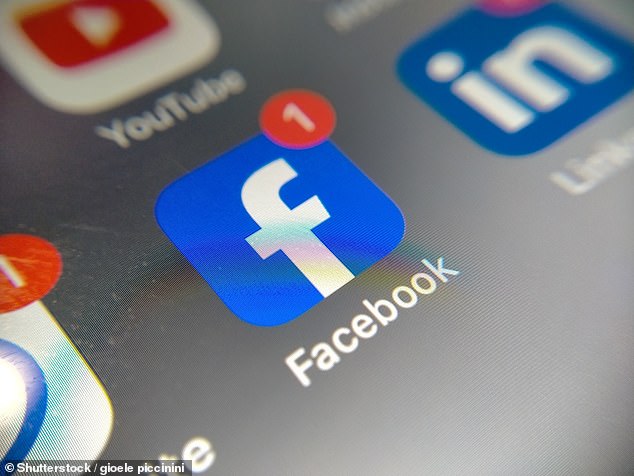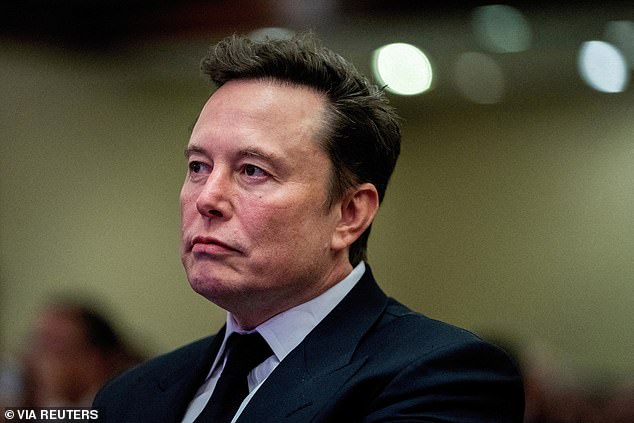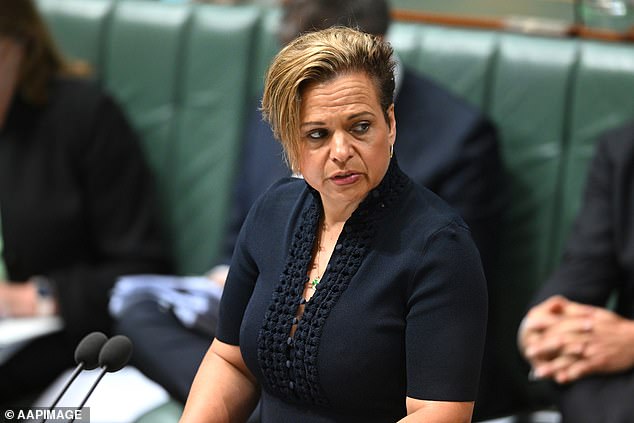Tech companies that refuse to strike deals with Australian publishers will have to pay while the government plays “four-dimensional chess” and forces the industry to fund news.
The federal government will introduce a news trading incentive to force big tech companies that clock more than $250 million in revenue in Australia to pay the Commonwealth or strike deals with publications, regardless of whether they broadcast news.
The January charge will affect Google, TikTok owner Bytedance, and Meta, the parent company of Facebook and Instagram.
X, formerly Twitter, is unlikely to be subject to the incentive because its Australian-sourced revenue is less than $250 million.
The charge was not designed to increase Commonwealth revenue but to encourage companies to strike deals with news publishers, Communications Minister Michelle Rowland and Deputy Treasurer Stephen Jones said.
“Michelle and I have been playing four-dimensional chess for 12 months,” Jones told reporters in Sydney.
“We want to ensure that the platforms involved and all media outlets can continue to do business and produce excellent journalism.”
Meta revealed in March that it would not renew agreements reached with Australian publishers, which could cost the industry $70 million.
Federal Communications Minister Michelle Rowland (pictured) will impose charges on social media platforms that profit from news content from January.

Facebook is removing its news tab, but after years of growing its audience by sharing news content (stock image)
When negotiations with the government stalled, representatives said the company would consider banning all Australian news content on Facebook if it were forced to work with the news media bargaining code.
Despite the threat, Jones believed most platforms would work with the incentive.
“It would not be an economically rational decision to pay more under charge than you would have to pay under a trade agreement,” he said.
“There are benefits to both parties in entering into commercial agreements, and they will provide much more detail, much more each way in exchange for value than they would provide under a charges agreement.”
Social media platforms once filled their feeds with news content to attract subscriptions and engagement, drawing attention and revenue from the source websites.
In a bid to return money to publishers, the previous Liberal government established a news media bargaining code, the first in the world, in which digital platforms were legally required to negotiate commercial deals with eligible media outlets or face fines of up to 10 percent of your local income. revenue.
Now that their user bases have grown, social media platforms have begun to stifle news content and choke traffic to posts.
Instagram users must explicitly opt out of “political” content, Facebook has closed its news tab, and X has stopped showing news headlines and links in posts.

X, owned by Elon Musk, will likely not be part of any mandatory trading incentives because it does not earn enough revenue from news in Australia.
News Corp Australasia executive Michael Miller welcomed the incentive and said he would contact Meta and TikTok to negotiate commercial deals.
“This will provide a foundation to rebuild the media industry following the loss of approximately 1,000 jobs this year and ensure Australian news media businesses continue to deliver investigative and professional journalism,” he said in a statement.
Meta, on the other hand, had some reservations.
“We agree with the government that the current law is flawed and remain concerned about charging one industry to subsidize another,” a spokesperson said.
“The proposal fails to take into account the reality of how our platforms work, specifically that most people do not come to our platforms for news content and that news publishers voluntarily choose to publish content on our platforms because they receive value from it.” do it”.

